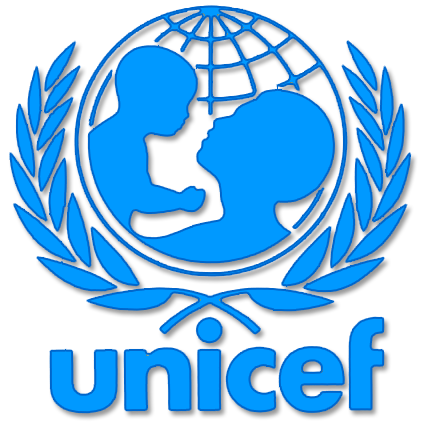 UNICEF has call on all nations to pay particular attention to the well-being of children as contained in the Convention of Rights of the Child.
UNICEF has call on all nations to pay particular attention to the well-being of children as contained in the Convention of Rights of the Child.
In marking the 25th anniversary of the Convention of Rights of the Child (CRC) in Ghana, UNICEF Country Representative Ms Susan Ngongi, noted that although there has been a lot of gains as far as the CRC is concerned, more effort is needed to help many more children who were lagging behind.
“To meet these challenges, and to reach those children who are hardest to reach, we need new ways of thinking and new ways of doing things,” she added.
The CRC is the first legally binding international instrument to incorporate the full range of human rights namely: civil rights, economic, cultural, political and social rights.
The CRC also enshrines children’s right to survival; to develop to the fullest; protection from harmful influences, abuse and exploitation, and to participate fully in family, cultural and social life.
Ms Ngongi noted that the adoption of the CRC in 1989 had led to tremendous improvement in issues relating to the well-being of children.
“We have realised that far fewer children now die before their fifth birthdays than 25 years ago, higher school enrollment for children, as well as more access to clean drinking water for children,” she said.
Mr John Alexander Ackon, Deputy Minister, Ministry of Gender, Children and Social Protection, pledged Government’s readiness to protect children in the country, adding that Ghana feels proud to be the first country to ratify the CRC.
He said Ghana had recorded a lot of successes as far as children’s rights are concerned including a decline in mortality rate, and high school enrollment.
There were presentations by some institutions which have developed programmes aimed at tackling some of the toughest challenges in reaching those in rural areas.
These include the development of programmes for getting life-saving health information to rural women who may be illiterate; providing cash support to the poorest of the poor; and a software for providing policy makers with critical information to manage schools better.
Source: GNA























